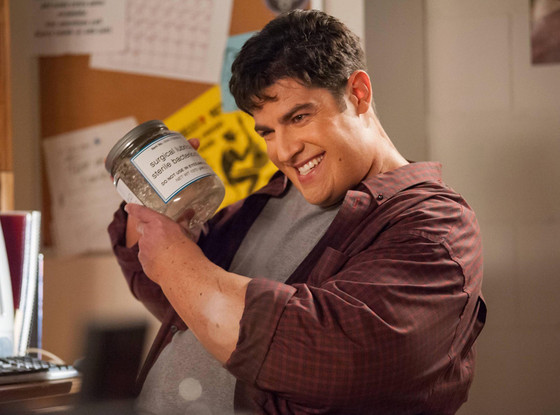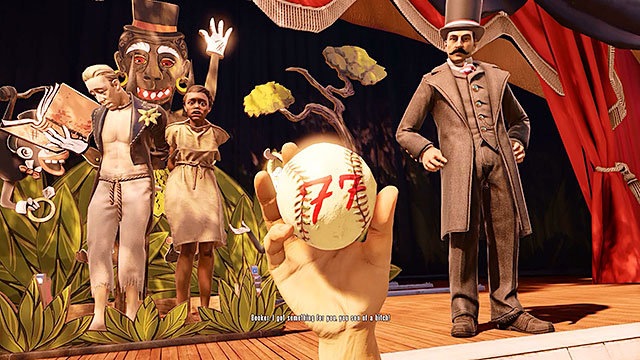Submitted by Aubri Plourde on Wed, 04/29/2015 - 14:22
My colleagues have listed their own top picks from this year's array of insights an analyses. You'll notice a few repeats on my list--a sure sign of their success--but I'll admit, choosing a representative sample is a hard task. We should all go back and reread the blog, just in case...
Without further preamble, then, here are my favorite posts of 2014-2015:
Submitted by Deb Streusand on Tue, 04/28/2015 - 07:41
It’s almost the end of the year for viz.! Over the next few days, we’ll be wrapping up with each writer getting a chance to list and discuss their top five favorite posts from the past year. Here are mine. Read more about Wrapping Up the Year
Submitted by Aubri Plourde on Thu, 04/23/2015 - 21:15
Fox’s New Girl could never have avoided the question of gender. The very title isolates gender issues by framing protagonist Jessica Day within the male-dominated apartment she joins. The sexual politics of New Girl are mostly wrapped up in Zooey Deschanel’s character. My friend Mike, for example, has written about Jess as a postfeminist figure here, and the show creator herself has more than once addressed the gender politics of the Nick-and-Jess coupledom. I’d like to acknowledge that the “adorkable” appeal of Deschanel’s character positions her strangely between feminist and postfeminist positions, but, for the purpose of considering the visual appeal of the show, I’m more drawn to the way the show represents the masculinity of lovable douchebag, Schmit.
Most of Schmidt’s best and worst qualities are verbal, not visual. For example, entire reels of one-liners, like this one and this one show off the snappy writing of New Girl’s staff. Still, the character’s arch depends heavily on the transition between the days when he was obese and the fit version we see weekly.
Schmidt's story begins like this:

Image Credit: E!online
Submitted by Deb Streusand on Tue, 04/21/2015 - 08:00
Submitted by Deb Streusand on Tue, 04/14/2015 - 07:43
Submitted by Aubri Plourde on Wed, 04/08/2015 - 22:49
This post was generously guest-written by former .Viz contributor, Casey Sloan. Casey incessantly reads and writes about gothic novels, Victorian culture, individualism, and gender studies. She has craftily parlayed these fixations into research interests for the UT English Department's PhD program. Currently, she is exploring DWRL avenues in order to drag other passions, particularly internet identity and video game culture, into her professional life.
You are given a ball at a fair. You are told you can either throw the ball at a racist carnival barker or at an interracial couple tied up in the midst of insulting cardboard cutouts. As a player in this video game (Bioshock: Infinite, to be precise), you are faced with the question: what do I do? As a critic of this video game, you are faced with the question: what does being faced with the question "what do I do" mean?

Image Credit: Bioshock Wikia
Read more about Moving Targets: Player Choice and the Politics of Bioshock: Infinite
Submitted by Deb Streusand on Thu, 04/02/2015 - 09:51
Submitted by Deb Streusand on Thu, 03/26/2015 - 20:21
Submitted by Deb Streusand on Mon, 03/23/2015 - 19:31
Submitted by Deb Streusand on Mon, 03/02/2015 - 18:35
Pages